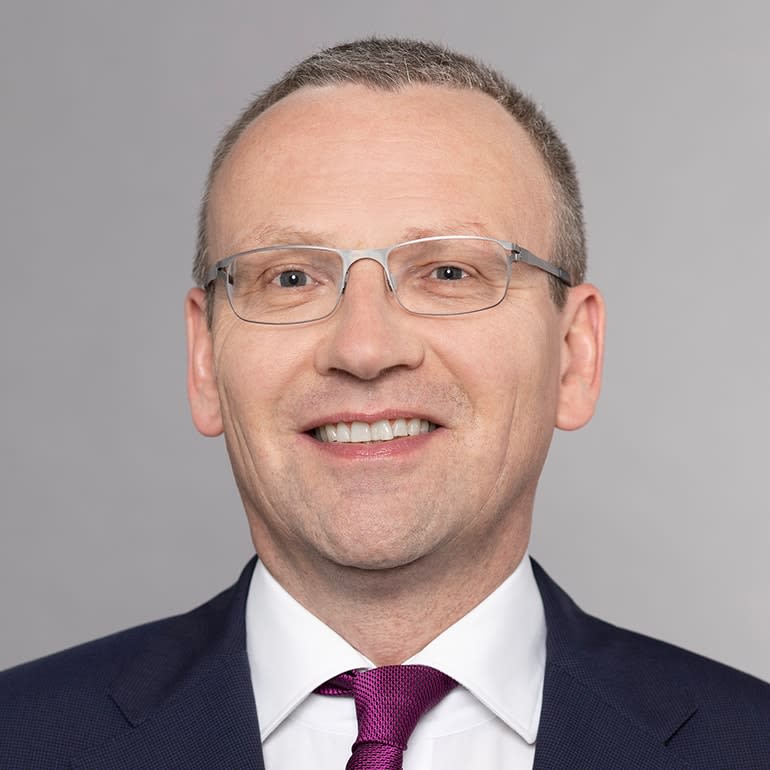
Luther Rechtsanwaltsgesellschaft mbH
Lawyers

Ingo Wegerich
- Phone+49 69 27229 24875
- Email[email protected]
- Profilewww.luther-lawfirm.com
Work Department
Capital Markets, Banking & FinanceReal Estate
Position
Ingo Wegerich has many years of experience in the field of capital markets law. He comprehensively advises banks and issuers on capital markets and derivatives transactions (securitised derivatives and OTC derivatives), including related regulatory law issues. He specialises in the preparation of various kinds of debt issuances programmes (inter alia, EMTN, covered bond programmes, structured notes programmes), amongst other things, and advises on the issue (and refinancing) of bonds, including the listing and the follow-up obligations, as well as on transactions regarding registered bonds and bonded loans. With regard to the impending changes to various regulations at the European level, he advises market participants on the implementation of MiFID II, EMIR, PRIIPs, the Market Abuse Regulation and the Capital Markets Union.
Career
Ingo Wegerich studied law at the University of Hamburg, Germany, and also successfully completed supplementary studies in business law. From 2002 to 2013, he worked for various renowned law firms in the field of capital markets law. In 2013, Ingo Wegerich joined Luther as a partner.
Ingo Wegerich is frequently invited to speak as an expert on capital markets law topics at lectures and other events, both in Germany and abroad, and has published numerous articles in financial newspapers and specialist journals.
Ingo Wegerich is President of the Association of Capital-Market-Oriented Small and Medium-Sized Enterprises e.V. (“Interessenverband Kapitalmarkt KMU”). The Frankfurt/Main-based Association, which was founded on 30 August 2017, is particularly committed to improving the relevant framework conditions for small and medium-sized enterprises (SMEs) in capital market financing. Its members are SMEs, service providers, financial institutions and media companies. The Association has repeatedly been able to influence the legislative process in the interest of capital-market-oriented SMEs. More than 100 Board members of capital-market-oriented enterprises have participated in a petition and collection of signatures to amend the German Securities Prospectus Act. The petition has led to an amendment to the Act allowing rights issues worth up to EUR 8 million to be carried out without a prospectus. This is the first time in the history of German capital market law that a petition and collection of signatures has been used to influence the legislative process.